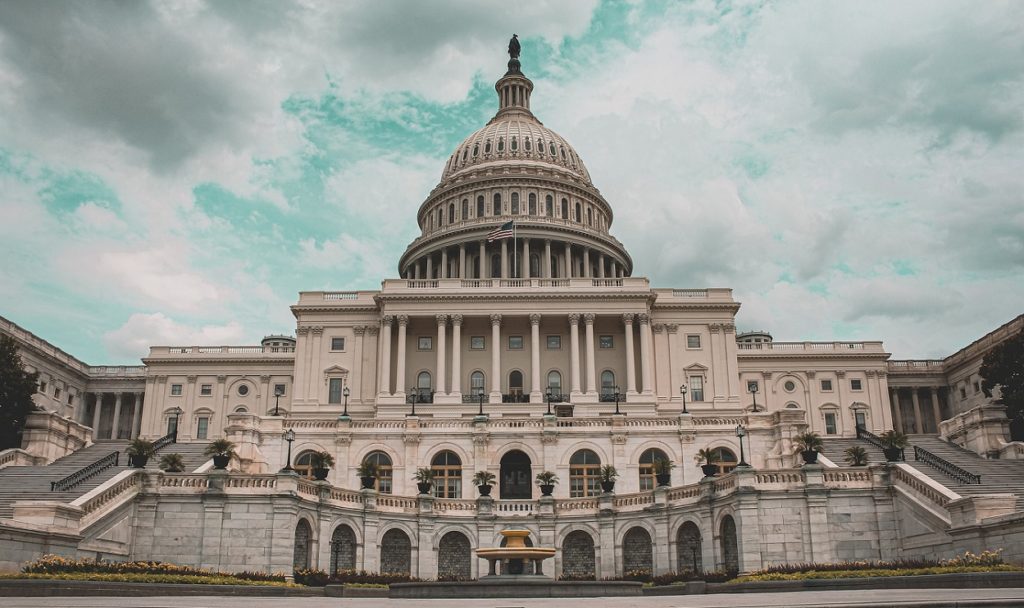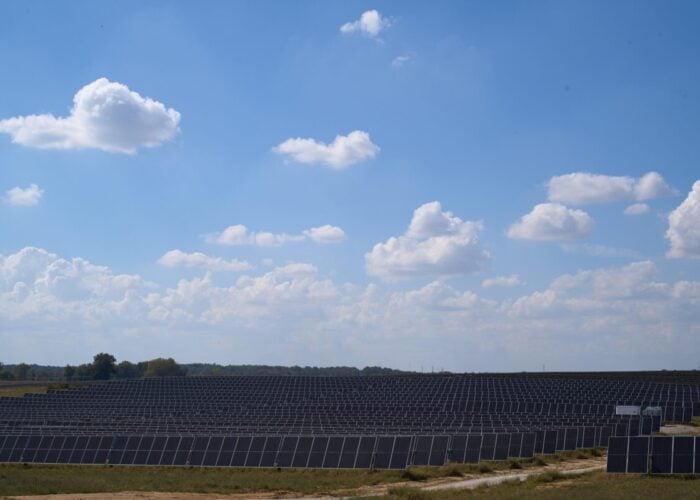
More than 260 companies in the US clean energy sector are demanding urgent action on the US$1.75 trillion Build Back Better (BBB) Act, claiming that US$2 billion is being lost in economic activity every month the long-awaited bill is delayed.
In a letter to Senate Majority Leader Charles Schumer and Speaker of the House Nancy Pelosi, the companies called on the US Congress to finalise negotiations as soon as possible.
Try Premium for just $1
- Full premium access for the first month at only $1
- Converts to an annual rate after 30 days unless cancelled
- Cancel anytime during the trial period
Premium Benefits
- Expert industry analysis and interviews
- Digital access to PV Tech Power journal
- Exclusive event discounts
Or get the full Premium subscription right away
Or continue reading this article for free
“As leaders in the clean energy industry, we stand ready to deploy tens of billions of dollars to expand our domestic manufacturing capacity,” said the letter.
“The Build Back Better Act will more than double clean energy investment to US$750 billion over the next ten years” and as a result the US “will be able to reach 750GW of wind, solar and battery storage by 2030 and cut power sector emissions by nearly 70% below 2005 levels,” said the companies, citing an analysis by trade association American Clean Power (ACP).
The calls come after President Joe Biden said he believed he can win support for the energy and environmental initiatives included in BBB, adding he was confident of getting “big chunks” of the legislation signed into law.
Featuring clean energy and climate investments totalling US$555 billion, BBB includes expanded and extended solar investment tax credits (ITC) and support for domestic PV manufacturers, among a host of other green initiatives. PV Tech Premium has examined what impact BBB could have on the US solar sector.
Negotiations to get the Act passed in the Senate hit a wall late last year as key Democrat Senator Joe Manchin said he would not support the legislation, claiming it would “risk the reliability” of the US’s electric grid.
With all 50 Republican Senators opposing the package, the White House needs to secure the support of Manchin to get the legislation passed in the Senate. It would also then need to be approved by the House, where the Democrats have a narrow majority.
The White House will proceed in its talks with Manchin privately, Biden’s chief of staff Ron Klain told the Wall Street Journal.
BloombergNEF predicts that the levelised cost of electricity for new US solar projects would decline by almost half in the next decade thanks to generous policy support in BBB, while Wood Mackenzie estimates that an extension of the ITC would boost solar installs 31% in the next five years.






